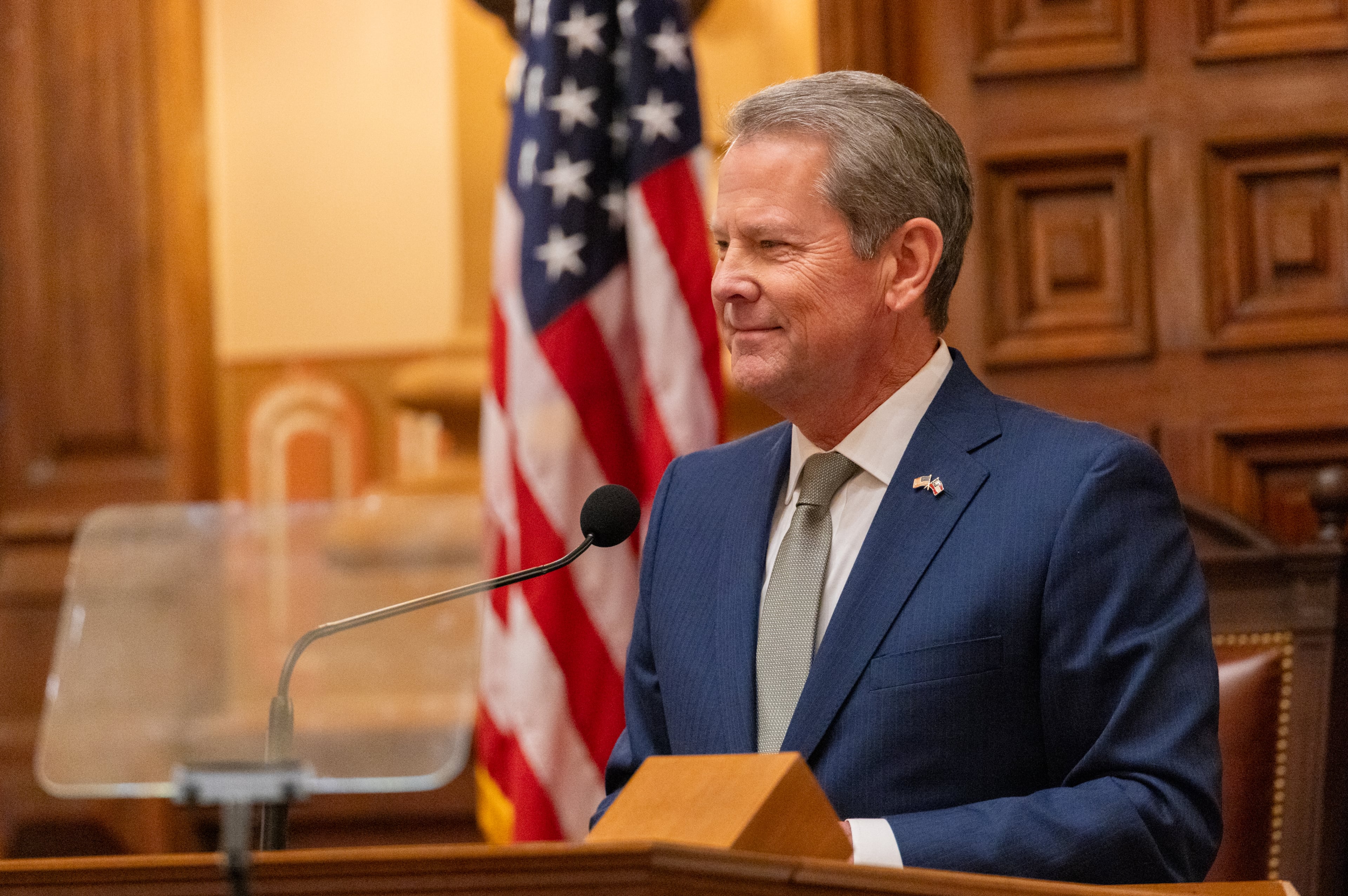New entrants fuel fight among airport ride services

Taxi driver Achiek Ayol spends hours passing time in a holding lot at the Atlanta airport every day, waiting with some 300 other cabs lined up in rows for the chance to pick up a passenger.
It was hard for a taxi driver to make a living in Atlanta even before new entrants like UberX and Lyft launched operations. Now it’s getting tougher.
Cab drivers working the airport regularly wait for an hour or more to get into the taxi waiting area, then a few hours longer before they get to the front of the line for a single ride.
Ayol says when all is said and done, he averages about two rides a day.
“It’s just surviving,” he says. “Before, it used to be three a day.”
With increasing competition from Uber, SuperShuttle and other tech-savvy companies with a national presence, local cab drivers and other ground transportation services are in a high-stakes battle for travelers at the world’s busiest airport.
For many consumers, ride-sharing businesses like UberX are revolutionary. Hailing a cab in Atlanta rarely enters into the minds of local residents, yet summoning a driver via the Uber smartphone app is easy and convenient, and sometimes cheaper.
But that has prompted hand-wringing and protests among local taxi, shuttle and limo businesses, many of which lack the technology, marketing and money of the new competitors.
The way the conflicts are handled by businesses, airport officials and legislators will determine travelers’ options in the future, and could transform the ground transportation businesses at the airport and beyond.
There was already a messy tangle of transportation providers at the airport in heated competition, and the new competition, which also includes national shared-ride shuttle operator SuperShuttle, has thrown it into greater flux.
Taxi drivers and companies, local shuttle operators, limo businesses and others want local officials and state legislators to regulate ride-sharing businesses and protect local players.
“Uber is affecting us because we are being regulated and they are not being regulated,” Ayol said.
SuperShuttle arrives
Scottsdale, Ariz.-based SuperShuttle entered Atlanta last fall after winning a contract to transport passengers between the airport and Midtown, downtown and Buckhead.
Local shuttle operators raised concerns to Atlanta City Council members that SuperShuttle could eventually gain permits to expand beyond the central business district and crush local shuttle operators.
Felicia Moore, who chairs the transportation committee that oversees the airport, worries that without limits on new entrants “what we’re talking about is allowing one major company to essentially wipe out several smaller owned businesses.”
SuperShuttle has significant advantages over smaller competitors, with a national reservations system, a well-known brand and partnerships with Expedia and Orbitz. But SuperShuttle International president David Bird says he wants to mollify the concerns of local shuttle operators.
“We’re not here to run everybody out of town,” Bird said, adding SuperShuttle could strike partnerships with local operators that could help them compete with other challengers such as Uber.
Dean Sivley, CEO of chauffeured car company GroundLink, said a benefit of Uber’s arrival is it has helped introduce more customers to the idea of hiring a car.
“Uber has been good for us in the sense that it has raised awareness for ground transportation,” particularly chauffeured cars, Sivley said. Uber has “made everyone better… More of the industry is looking to have mobile apps,” which GroundLink already has.
But Sivley also said applying insurance requirements to Uber would help level the playing field.
The airport says it is waiting for the state to act on regulations. Pending state legislation would require insurance, background checks and payment of certain taxes.
Tallying the hours
Although the competition is getting stiffer, Ayol, a student, said driving a taxi “has a lot of advantages,” including a flexible schedule.
But the mechanics of operating at the airport are in many ways rudimentary. Drivers pick up a slip of paper with a letter and a number from a worker seated at the curbside by the terminal, then wait in College Park or elsewhere and call a recorded message periodically. The message says which letter and number range are being permitted into the taxi hold lot, known by drivers as the bullpen.
Once his letter and number come up, a cabbie drives to the taxi hold lot, hands over the slip of paper and gains the right to wait for hours in the lot for a fare.
“It’s ridiculous,” said Sharmarke Yonis, a taxi driver who represents cabbies in discussions with the airport and city officials. “You have to work 12 to 16 hours to make three trips a day.”
Contrast that with Uber: When an Uber passenger requests a ride via an app, an Uber driver can use the app to instantly accept it. Passengers pay via the app.
While Uber can drop off passengers at the airport, airport officials say those who do not have permits to operate commercially at Hartsfield-Jackson are not allowed to pick up passengers. Some drivers and passengers do it anyway.
“The enforcement piece is hard, because they’re just regular-looking cars,” Moore said. “You don’t know if it’s an Uber picking up or just someone picking up their friend.”
Changes in store
The airport is looking for a contractor to improve how it manages the overflow of taxi cabs in the hold lot. It wants an updated system that won’t lead to conflicts when when drivers attempt to enter the lot before their numbers come up.
Backups in the hold lot can affect travelers, too, by clogging roadways around the terminal.
In Atlanta, there are some 1,600 taxi certificates. Several hundred cab drivers without the use and expense of dispatch systems depend on customers from the airport, and the taxi lot holds up to 300 drivers. It overflows virtually every weekday.
There’s less congestion on Fridays. That’s because among the cab drivers, many of them Muslim from African nations, there are some who go to mosque on Fridays and take the day off to spend with family.
But overall, taxi congestion at the airport has worsened since Uber’s arrival in the metro area, as cabbies who lose business elsewhere seek to make it up at Hartsfield-Jackson. With additional Uber and Lyft drivers offering their services downtown, for example, more cabs have migrated to Hartsfield-Jackson for business, increasing the overflow in the taxi hold lot at the airport.
Yonis said that means more hours in the bullpen. “We just get inside and wait.”
More Stories
The Latest



